groundcovers
choosing groundcover plants
QUICK TIPS:
1. Use groundcovers instead of paving
2. Use steppers through lawn alternatives
3. Keep well weeded
4. Monitor mulch levels near small groundcovers
5. Monitor climber groundcovers carefully
6. Mix species for ground patterns of colour and texture
Groundcover plants have important design and environmental functions in the garden.
Establishing good groundcover means that competing weeds are suppressed, soil erosion is slowed, more water gets in and stays in the ground; and the garden has a soft, living canvas too. These plants effectively perform the same functions as mulch. And if it doesn't have to be walked on, covering the ground with plants is cheaper and greener than paving.
Turf grasses are the ultimate groundcover, creating expanses of low space - or voids - that simplify and open designs; and that can also be fairly heavily used and trafficked.
Nothing else wears as well as grass but for light foot traffic areas - and especially where it's too shaded for turf - lawn-alternative groundcovers can substitute; even better if relieved with stepping stones.
These prostrate plants of various heights naturally trail, run and creep out across the ground. Low matting plants are particularly ground-hugging, with stems that put roots down into the soil as they spread. The lower - and looser - the groundcover, the more opportunity other plants will have to colonise and out-compete your plants. Keep an eye out for weeds popping up among matting plants and remove any quickly.
Mulch thickness should also be monitored and reduced for low groundcovers that resent the reduction in air circulation and sun exposure when encroached by mulch.
Some climbers - left without any supports - can also effectively spread themselves as groundcovers but can easily get out of control without supervision and maintenance.
Small clumping plants steadily divide and knit together but many are needed to create a massed planting as a groundcover.
Groundcover plants that contrast in texture or colour can be arranged to create patterns on the ground plane - especially effective where they're viewed from above.
The Plant This Plant Selector can help choose the right plant to cover ground in your garden.
Comments (0)
Tell our Plant Selector what you want & like and we'll search thousands of plant profiles for compatible matches
Special Offers

Plant of the Day
Figwood
Plant type: semi-deciduous tree
H: 20m W: 20m
Sunlight: hot overhead sun to dappled light

Fast Facts
groundcovers - use
Establishing good groundcover means that competing weeds are suppressed, soil erosion is slowed and more water gets into and stays in the ground.
Recently added groundcovers articles
Most viewed groundcovers articles
Get the Plant Selector's full features plus news, forums & competitions. Sign up, it's free.
Click here for more
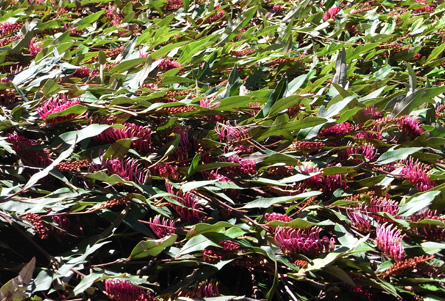
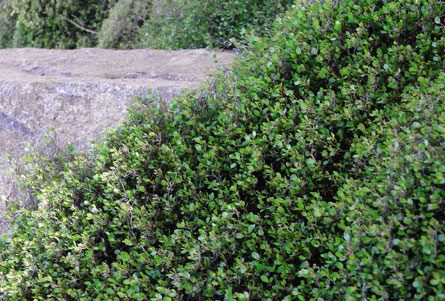
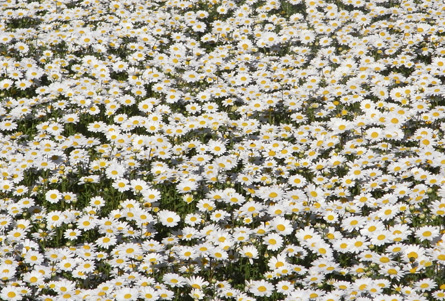
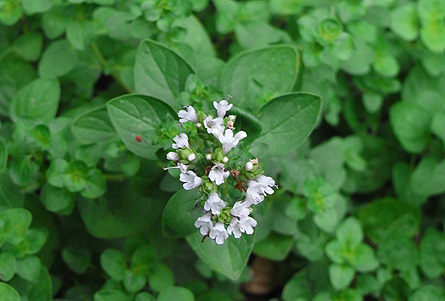





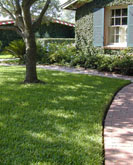

You must be a member to share: Login or Register